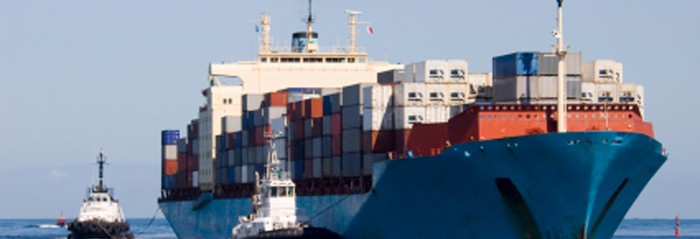CISG OverviewThis post is also available in: Spanish, Portuguese
International Sales Contracts and International Collections under the United Nations Convention on Contracts for the International Sales of Goods.
What is the CISG Treaty?
In the 1980’s a number of countries agreed to an international treaty that would create the law that would apply to sales of goods between buyers and sellers located in different countries. This treaty is known as the International Sales Contracts and International Collections under the United Nations Convention on Contracts for the International Sales of Goods, and is commonly known as “CISG” or the “CISG Treaty”. The treaty is better known and more easily described as either the CISG or the Vienna Convention. The treaty applies only to export sales of goods (not services) and the treaty only applies if the exporter that ships to the United States is located in a country that has ratified the treaty. If they seller is located in a country that has ratified the treaty, generally the law that governs the sale of the goods to the United States is not the US sales law of the state where the buyer is located, but rather is the law of the CISG.
CISG Participating Countries
More than 60 countries have ratified the CISG, in addition to the United States, the following major trading partners of the United States have ratified the CISG: Mexico, Canada, Argentina, Chile, Ecuador, Peru, Colombia, France, Germany, Spain, Russia, China, Turkey, Japan, Australia, Singapore, Egypt, El Salvador, Honduras and New Zealand. Here is the list of CISG Countries as of 2010.
CISG Benefits to Exporters Shipping Goods to the US
The primary benefit for the CISG for exporters that ship their goods to the United States is that these exporters can collect their accounts from delinquent US buyers or make claims against buyers who breach their contracts in the United States Federal District Courts. Federal court is advantageous for our clients because:
- Federal judges have lifetime appointments under the United States Constitution. They can decide any case without fear of running for reelection or political pressures, thus they do not have to fear being thrown out of office if they don’t decide in favor of the local company.
- Unlike state courts, federal courts have uniform rules of procedure that apply in all federal courts. Each state court system has its own rules which can vary from state to state. Uniform rules mean that your lawyers can act more efficiently on your behalf.
- Generally federal courts tend to enforce deadlines more strictly. This is important because it can mean a more rapid collection for an unpaid foreign shipper.
- More and more federal courts and judges handle many proceedings with telephonic hearings. This means that in many cases, lawyers do not need to travel to distant courts for hearings and clients to not need to pay lawyers to travel and wait for hearings.
- All federal courts have adopted electronic filing systems. This means that cases are filed by electronic means from lawyers offices without the need to send envelopes of papers to the courts. The other benefit is that all lawyers are immediately aware of any documents filed by other counsel as soon as they are filed. This prevents surprise caused by delays of the mails that can happen when one party files a document that requires a response, but the opposing party is not aware of the need to file the response due to the fact that the document was mailed. United States federal courts have been leaders in implementing electronic filings.
If our exporter client is not located in a country that has not ratified the CISG, such as the United Kingdom, Brazil, India or South Africa, the claim can still be filed in United States District Court if the amount in controversy is more than $75,000. If the amount of the claim is less than this amount, then we will assist the client is finding a lawyer in that state who can file the client’s claim in state court in that state.


